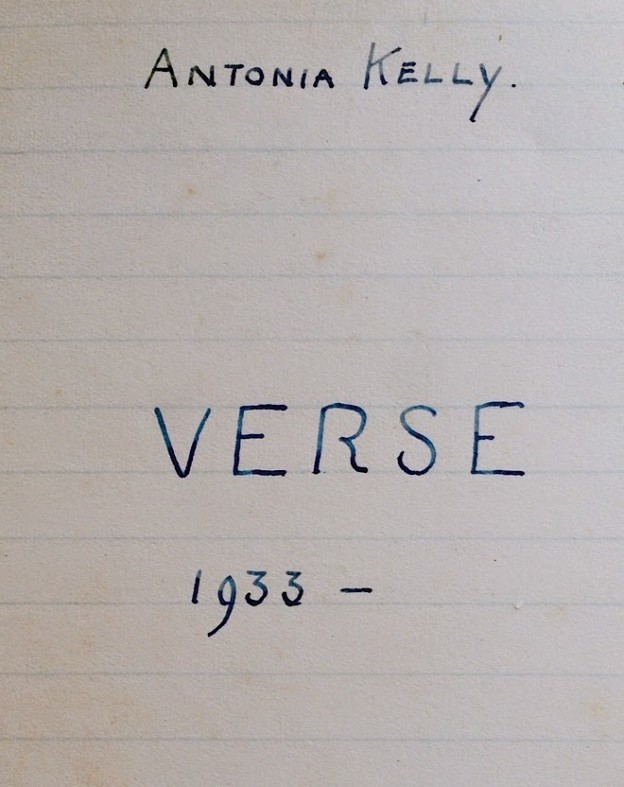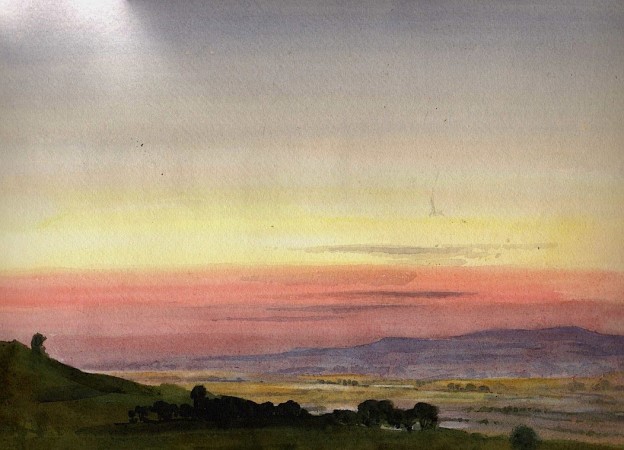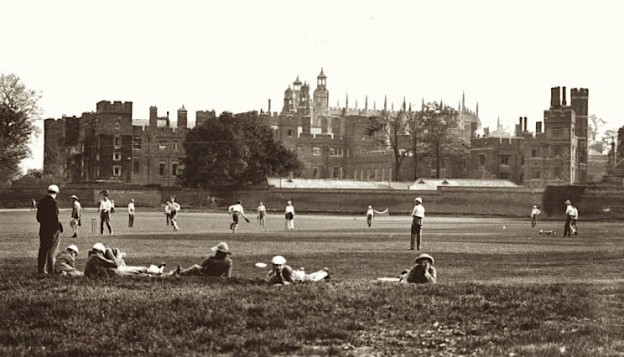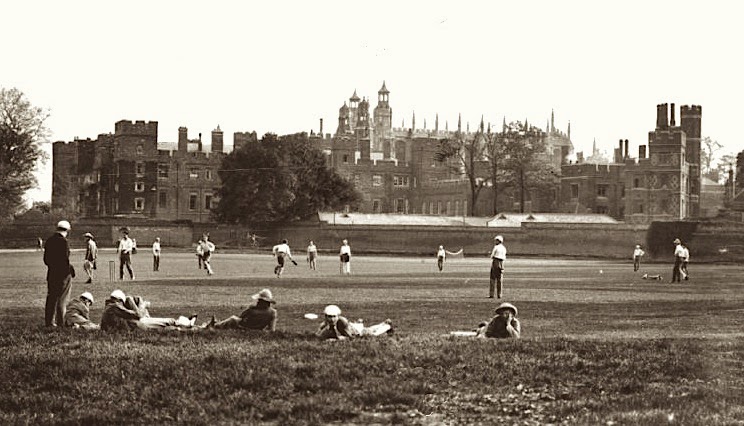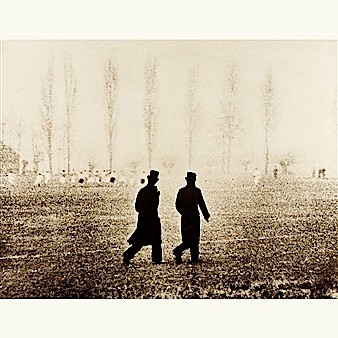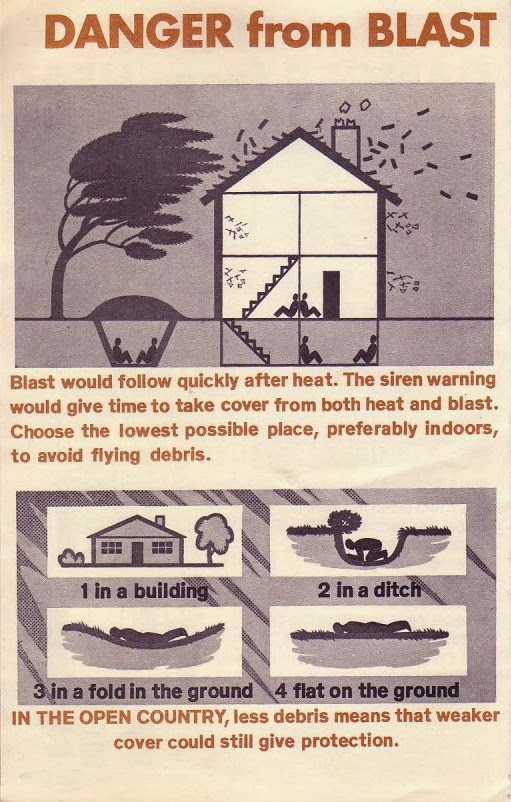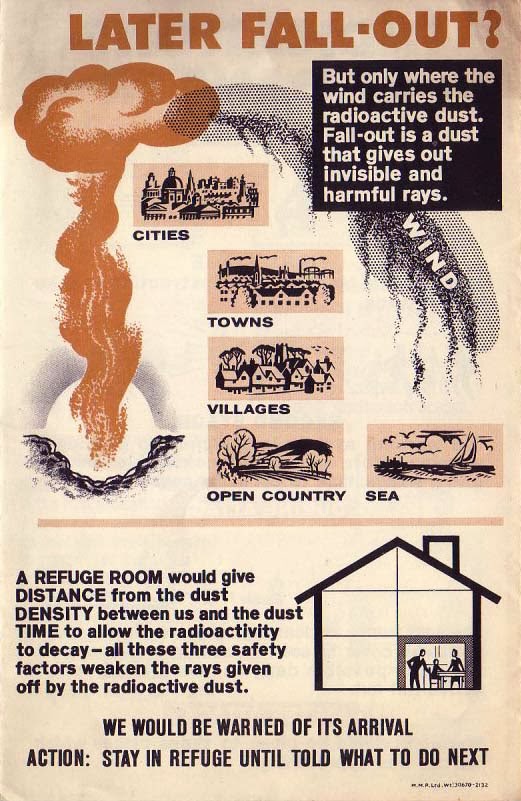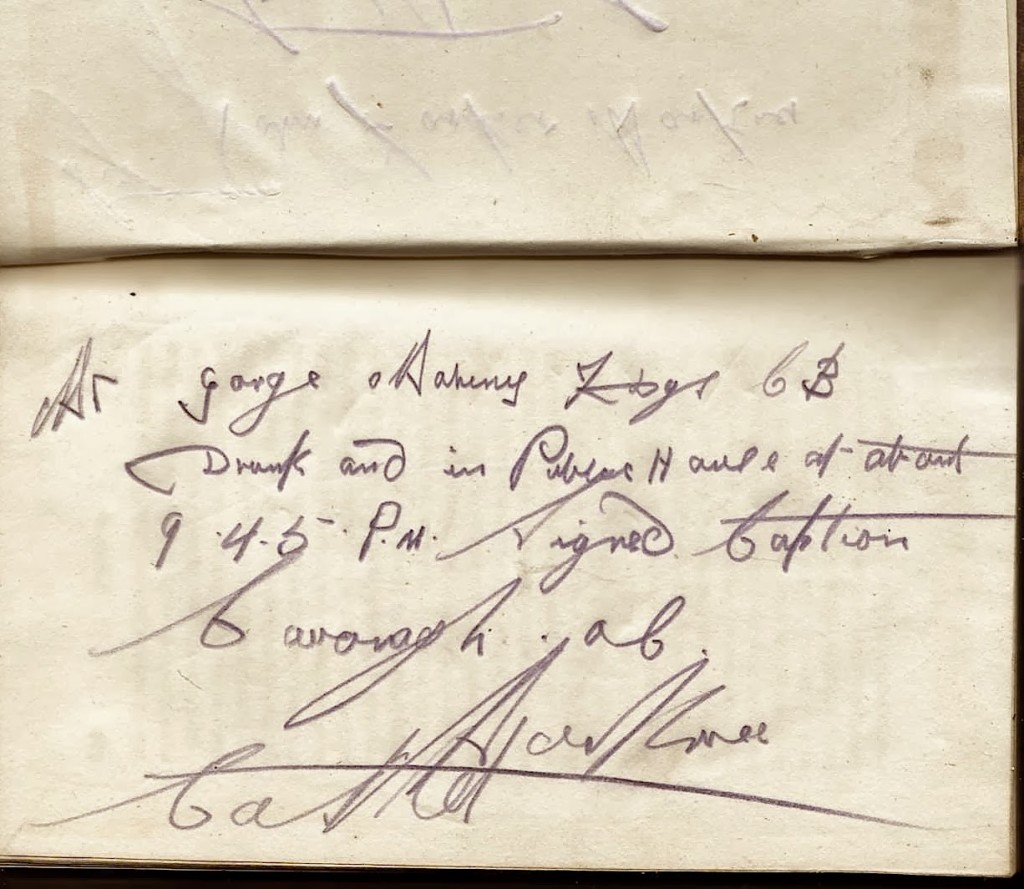From the introduction to R.W. Chapman's scholarly edition of Johnson's Journey to the Western Islands of Scotland... (Oxford 1924.) Chapman survived World War One. While a generation of great scholars were killed and many books and academic projects were never completed Chapman actually managed to work on editing Boswell while soldiering at the Macedonia front - as he explains.
In the fine tradition of the soldier/scholar he always travelled with his Horace (Odes); just after the war he wrote The Portrait of a Scholar and Other Essays Written in Macedonia 1916-1918 (Oxford University Press, 1920.) He collected silver spoons, and on that subject he regarded 'the speech of Eton and Christ Church as the most beautiful of earthly sounds...' Returning from the Eastern front he stated that there were 'few more exciting pursuits than textual criticism.' He also edited Jane Austen, for which he is now chiefly known.
 |
| Mountain gun at Macedonia Front in World War 1
|
This edition was planned, and in great part executed, in Macedonia, in the summer of 1918. I had a camp behind Smol Hill, on the left bank of the Vardar, and a six inch gun (Mark XI, a naval piece, on an improvised carriage; 'very rare in this state'), with which I made a demonstration in aid of the French and Greek armies, when they stormed the heights beyond the river; I think in June. This was in the early hours of the morning, and a very pretty display of fireworks. 12 hours later, I remember, Mark XI was still too hot to touch. But long weeks of inactivity follow. I had a hut made of sandbags, with a roof constructed of corrugated iron in layers, with large stones between, to allow perflation*; and here, in the long hot afternoons, when 'courage was useless, and enterprise impracticable', a temporary gunner, in a khaki shirt and shorts, might have been found collating the three editions of the Tour to the Hebrides, or re-reading A Journey to the Western Islands in the hope of finding a corruption in the text. Ever and again, tiring of collation and emendation, of tepid tea and endless cigarettes, I would go outside to look at the stricken landscape - the parched yellow hills and ravines, the brown coils of the big snaky river at my feet, the mountains in the blue distance; until the scorching wind, which always blew down that valley, sent me back to the Hebrides. These particulars are doubtless irrelevant; but I like to think that the scene would have pleased James Boswell."
*Samuel Johnson has the word perflation in his dictionary and defines it as 'the act of blowing through' from perflate 'to blow through.' He uses it in this very book on page 72 -'perpetual perflation' - talking of the drying of oats. See also this excellent posting on Chapman and this book.




